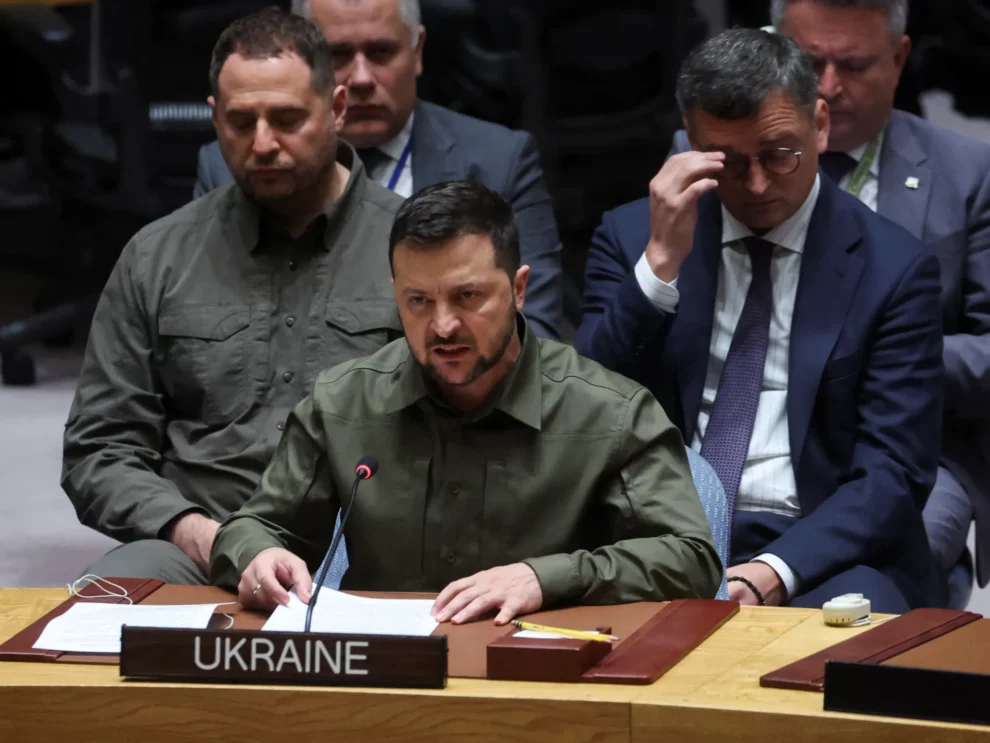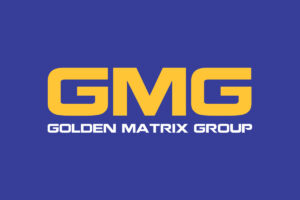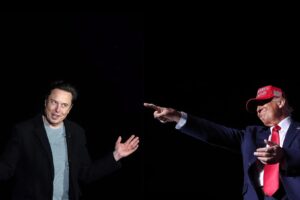SINGAPORE – When Ukrainian President Volodymyr Zelensky was in town over the weekend for the Shangri-La Dialogue, one of his key aims was to get more countries, particularly those in Asia, to participate in an upcoming peace summit.
The peace conference, which will take place on June 15 and 16, is being hosted by Switzerland at the request of Mr Zelensky.
Ukraine and Russia have been locked in a bloody war since Ukraine was invaded by its larger neighbour in February 2022. Ukraine is said to be on the back foot of late, with recent media reports suggesting that Russia has made significant advances in the Kharkiv region.
“Ukraine proposes peace through diplomacy,” said Mr Zelensky in his speech at the security conference on June 2, adding that he was inviting countries and regions from across the world to join the summit so that “(their) peoples are involved in these global affairs… by uniting against one war”.
In a Facebook post on June 2, Professor Tommy Koh, veteran diplomat and chairman of the International Advisory Panel at the NUS Centre For International Law, said he hopes “the Asean countries will attend the summit… (to) show a high level of support for Ukraine” despite the fact that “the agenda (at the summit) is not to find an end to the war since Russia will not be there”.
He noted in his post that Singapore and Indonesia had both yet to confirm their participation in the summit.
Singapore has since said that it would be taking part. Prime Minister Lawrence Wong said in a Facebook post on June 4 that he had appointed Ms Sim Ann, Senior Minister of State for Foreign Affairs and National Development, as special envoy to the summit.
When contacted by The Straits Times on June 3, Prof Koh said: “Ukraine is the victim of aggression by its powerful neighbour, Russia. Russia’s invasion violates the UN Charter and international law, which are dear to the Asean countries.”
He added: “Asean is in no position to provide Ukraine with the instruments of war. (It) can, however, support Ukraine diplomatically and politically by attending the Ukraine peace summit.”
Former Singapore diplomat Bilahari Kausikan told The Straits Times on June 3 that the peace conference was “more important as a demonstration of political and diplomatic support at a time when Ukraine has suffered battlefield reverses to show that aggression will not be accepted as a fait accompli”.
What does the conference aim to achieve?
Mr Zelensky, in his Shangri-La Dialogue speech, said that the peace summit’s three priorities are nuclear security, food security and the return of Ukrainian children alleged to have been moved to Russia from occupied territory.
The three priorities are part of Mr Zelensky’s 10-point plan for peace, which also includes the withdrawal of all Russian troops from Ukraine’s territory.
“If these basic things are implemented, other points of the peace formula will work as well,” he said.
He also stressed that the summit is not about Ukraine getting more weapons or ammunition from other countries to fight its war, but about achieving peace.
“This is not even about weaponry… This is about the support of the very end of the war,” he said.
While Moscow has said it is not against going to the negotiation table, it has not been invited to the conference, and has dismissed the talks as meaningless without its participation.
Switzerland has, however, said that the peace summit will lay out a concrete road map for Russia’s eventual participation in the peace process.
Swiss President Viola Amherd said in April: “We will not sign a peace plan at this conference. We think there will be a second conference, but we want to start the process with this one.”
The peace conference will come at a critical juncture for Ukraine, with the BBC noting in a news report on May 28: “With Russian troops making advances in recent weeks, President Zelensky desperately needs a big, set piece event – like a summit in Switzerland – to show that the world is still on Ukraine’s side.”
Which countries are attending the peace summit?
Mr Zelensky said at the Shangri-La Dialogue that 106 countries and organisations will send representatives to the peace summit, and 75 have confirmed that they would send their heads of state.
“We are disappointed that some world leaders have not yet confirmed their participation in the peace summit,” Mr Zelensky said.
While Washington, a key ally of Ukraine, has signalled support for the summit, President Joe Biden would not be attending but sending Vice-President Kamala Harris and National Security Adviser Jake Sullivan instead, the White House said on June 3.
During a recent visit to Brussels, Mr Zelensky was candid about his views on Mr Biden’s potential absence.
“I believe this summit needs President Biden, and other leaders need President Biden because they value the US reaction, so his absence would only be applause to Putin, a standing ovation,” Mr Zelensky added, referring to Russian President Vladimir Putin.
China, for its part, has made clear that it will not attend the summit. One of the criteria for China’s participation in a peace conference, the Chinese Foreign Ministry said on May 31, is that the conference has to be endorsed by both Russia and Ukraine, and that all parties need to participate in the peace process equally.
While China has declared its neutrality in the Russia-Ukraine war, many, especially in the West, view Beijing as being on the side of Russia. China has refused to criticise Moscow for the war and hosted Mr Putin recently in the Chinese capital.
Indeed, Mr Zelensky asserted at Shangri-La that Russia’s military has benefited from components that come from China, and that Russia has been using Chinese influence and diplomats to pressure countries in this region against participating in the peace summit.
“It is unfortunate that such a big, independent, powerful country as China is an instrument in the hands of Putin,” he added.
Mr Kausikan said Russia and China are working hard to coerce and dissuade countries from attending the conference, given that it would be “an important demonstration of international support for Ukraine at a crucial juncture of the war”.
“I think while it is preferable that representation be at the highest level (possible) – and different countries will make their own decisions on this based on their own circumstances – what is more important is that there should be as large a turnout as possible,” he added.
Source: The Straits Times










